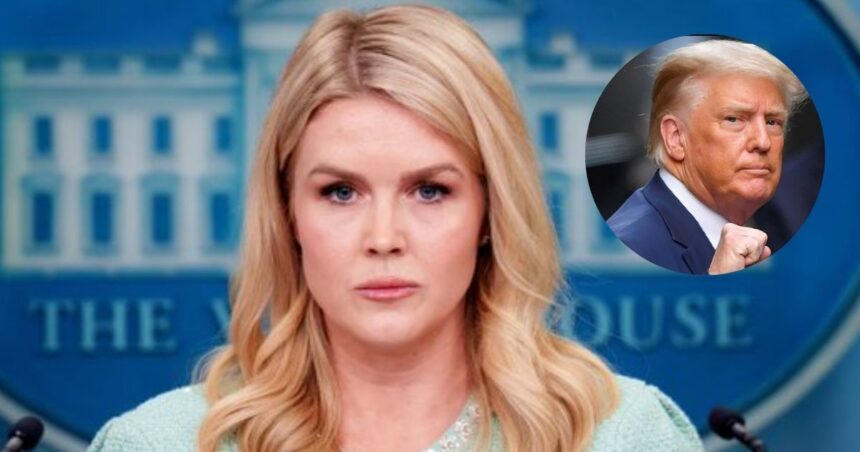Gender, age, or culture are not factors in body-shaming. Many people frequently make remarks about other people’s size or weight. An elder’s remarks regarding the importance of the young child in the family are increasingly common within a family.There are numerous accounts of children being body shamed by family elders when their parents did nothing to stop it.
Family hierarchy and social pressure are the primary causes.
The internet was compelled to applaud when a mother confronted her mother-in-law for mistreating her daughter. Reddit users shared the story.
After publicly confronting her mother-in-law when she began body-shaming her 15-year-old daughter, a mother is receiving accolades on the internet.All of this occurred during a recent shopping excursion.
It was intended to be a happy afternoon and an opportunity for the daughter to spend time with her mother and grandma while shopping for outfits. But it soon became a difficult period when the pain of words was worse than the pain of stones and sticks.
For this reason, one should exercise extreme caution when speaking harshly to their impressionable children, particularly teenagers.
When the daughter wanted to show her grandmother a dress she liked, the situation started. She exuded enthusiasm as she left the dressing room. My mother-in-law, however, was unable to come up with a few words of encouragement and joy for her grandchild. Instead, she made the scathing comments that younger teens shouldn’t put on additional weight since they won’t be able to get into the garment.
“Don’t put on any more weight, or it won’t fit,” she urged. The girl’s mother, her older sister, and her daughter-in-law were all body shamed by her, and she expressed her desire that the younger teen would not inherit their large hips.
The mother’s narrative indicates that these are not the grandmother’s first remarks. Every woman in the family is subjected to body-shaming and criticism by the older woman. These kinds of remarks had already been made.
She would approach women and inquire about their waist circumference and weight. She would ask an eater how many calories they had. Even after the teen’s father specifically requested his mother to stop and not fuss over pointless things, this has continued.
The mother confronted the mother-in-law after she made offensive remarks in the garment store. The grandma apologized, but only partially. She went on to say that her granddaughter had misinterpreted what she had said.
Then the grandmother got defensive. She even denied that her remarks might cause long-term harm.
The mother made the decision to stop. She posted it online out of frustration. She talked about how devastating it was to witness her daughter’s self-esteem being undermined, particularly at such a young age.
The mother clarified, “I don’t want her to grow up believing that her value is based on a number on the scale.”The post went viral very fast. Parents and young adults alike responded in the hundreds. Everybody has encountered similar circumstances.
The mother should establish clear limits for all members of the family, according to many readers. This includes limiting the grandmother’s unattended visits.
One reviewer said, “If you didn’t enforce consequences, you’d be enabling her.” Another suggestion was that she should only be supportive and kind to your daughter. For a period.
This incident is comparable to others in which parents have taken action to shield their kids from offensive remarks.
A man faced his own mother in a TikTok that went viral. In order to prevent a chubby belly, she advised his daughter, who is eleven years old, to consume more pickles. The dad took offense at the remark, immediately confirmed his daughter’s value, and chastised his mother for body-shaming her.
The line has now been drawn for the mother who told her story. Only when the behavior ends and there is real accountability would a mother-in-law be permitted to spend time with her grandchild.
Until then, their top priority is to safeguard their daughter’s emotional health.






